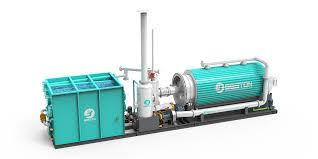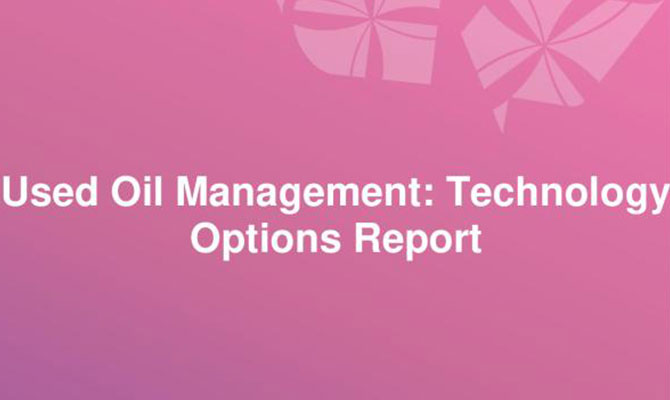
Used Oil Management Pilot Projects
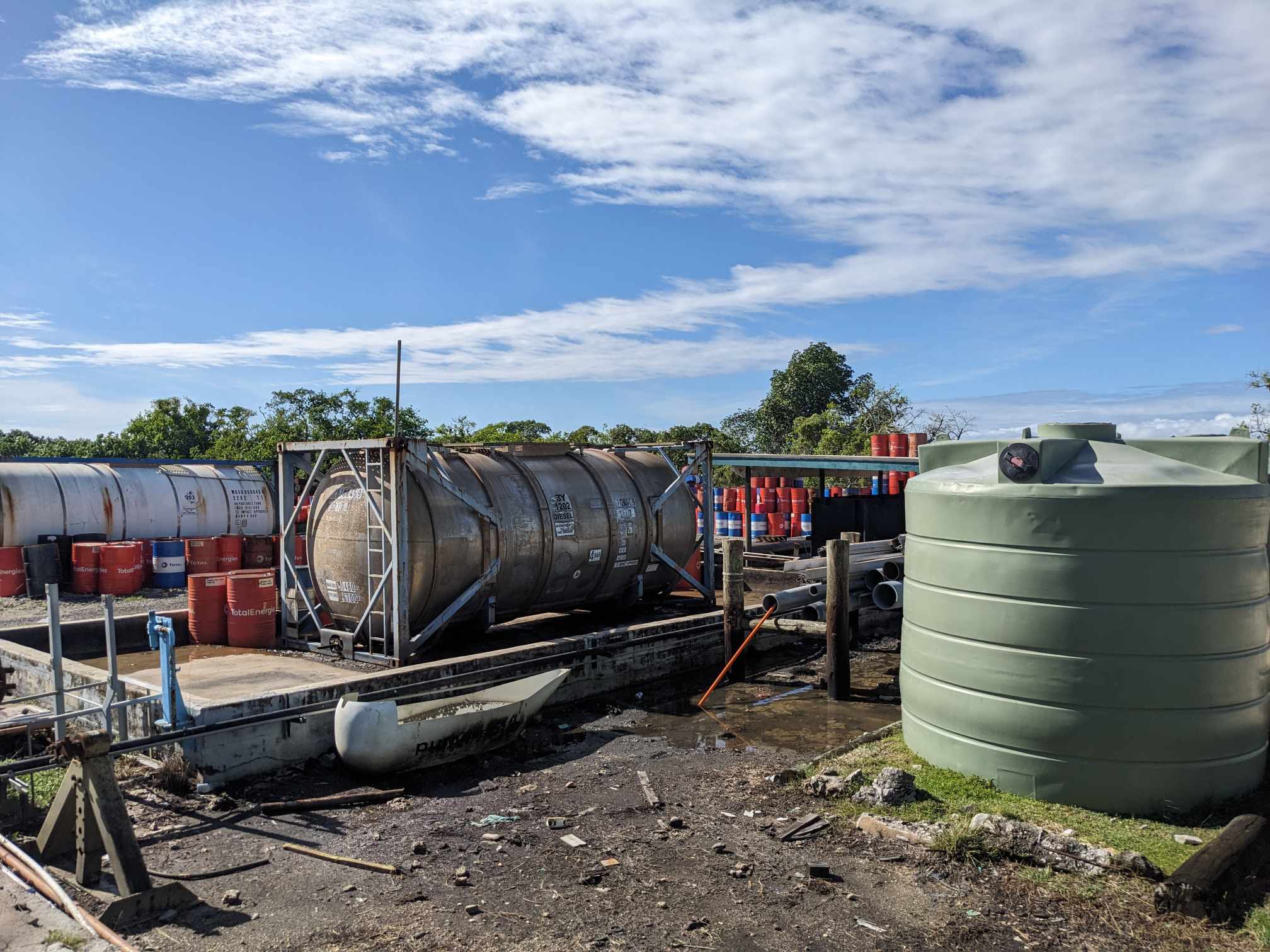
Used oil, defined as oil or fluid that becomes unsuitable due to impurities or loss of properties, accounts for a sizeable portion (40-60%) of lubricating oils and hydraulic fluids after use.
Improper disposal of these used oils can harm natural resources and human populations, posing a major environmental concern for Pacific Island nations.
For this purpose, the SWAP Project collaborates with national partners to implement Used Oil Management Pilot Projects in Samoa, Solomon Islands, Tonga and Vanuatu.
Core Issues to be Resolved through the SWAP Used Oil Management Pilot Projects:
Used/waste oil is believed to be a growing environmental challenge in the Pacific Island Nations. Since the countries depend highly on diesel power generation, one of the largest volumes of waste materials to be recovered and exported is waste oil.
The core issues identified to be resolved are as follows:
- Data & information on used oil
There is inadequate data available on the generated waste oil and sources in Pacific islands. This limits the ability of the governments to initiate necessary management actions to tackle the issue. The government needs to set up a collection system for used oil which can then provide a means to make used oil inventory across the country and collect data on the amount of used oil generated for more informed decision making on this problematic waste.
- Institutional Arrangements
In the absence of a coordinated system, there is no accountability and responsibility to effectively manage used oil.
- Limitation/absence of used oil management infrastructure and system
The lack of collection, storage, treatment, and proper disposal system leaves generators with very little option but to burn the oil, use as pest control in homes, use as marking in sports field, dispose illegally on land, lagoons, and non-designated sites, or store in inappropriate containers which can potentially spill to the ground over a period and which ends up as pollutant to the environment.
- Legacy Waste (old stockpiles)
With no effective system in place, companies generating waste oil have no option of disposal resulting in a lot of stockpiles of used oil in the Pacific island countries.
- Training & Awareness
Limited knowledge and skills on used oil management often result in improper usage and disposal of the waste oil by the waste oil generators and users, thus likely to pollute the environment. Stakeholders need training and awareness campaigns to reduce environmental and health risks.
In 2018, the Samoa Waste Oil Management Program (SWOMP) was launched as a Phase 1 Pilot Project through partnership among the Secretariat of the Pacific Regional Environment Programme (SPREP), Japanese Technical Cooperation Project for Promotion of Regional Initiative on Solid Waste Management in Pacific Island Countries (J-PRISM II), Samoa Recycling and Waste Management Association (SRWMA) and the Ministry of Natural Resources and Environment (MNRE). The project intends to initiate formal collection of waste oil and store at a waste oil storage facility at Tafaigata prior to export. The pilot program was driven by Nissan Samoa Company, a member of SRWMA. The used/waste oil collected was stored in tanks, drums and IBC containers in preparation for packing and shipment to a possible disposal/recovery facility offshore.
To date, approximately 60,000L of waste oil has been collected and stored at the SWOMP facility. The waste oil was mainly collected from SRWMA partners including Nissan Samoa, Ford Samoa, Apia Traders, ASCO Motors, Samoana Rentals, PPS Hyundai Service Centre, OK Auto, Tokelau Government, Auto Saver, Samoa Shipping, Samoa Hire Pool and Vailima Breweries. Waste oil was collected and stored in IBC containers or 44-gallon drums.
Samoan Customs data for the period 2018-2021 indicates that an average of 740,000 litres of lubricants are imported into the country each year. Based on this data, it can be estimated that approximately 370,000 litres of used oil are generated per year. Little data is available on actual used oil production rates, but it is likely to be between 200,000 and 350,000 litres per year. It is also estimated that approximately 240,000 litres of used oil are stored.
The main objective of the Used Oil Management Pilot Project to be implemented under the SWAP Project is to build up on the SWOMP and to improve its management at the national level. As such, the second phase of the pilot project, through the SWAP Project, supports continuation and expansion of SWOMP based on lessons learned in implementing Phase 1 of the pilot project.
The ultimate aim of the Used Oil Management Pilot Project is to establish a sustainable Waste Oil Management System in Samoa.
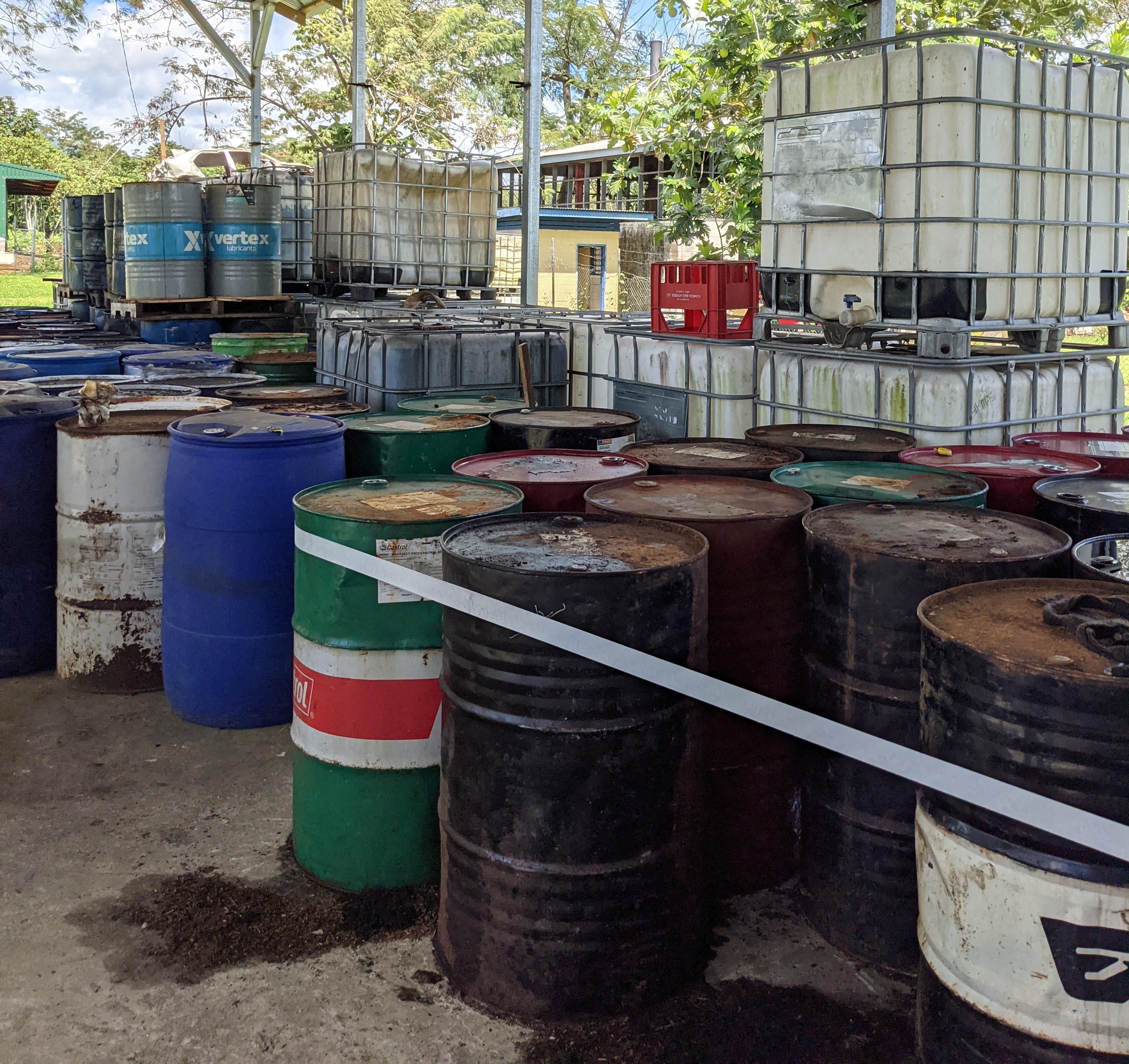
Solomon Islands imports a large amount of crude oil each year. Statistics shows that of all the imported materials into Solomon Islands, approximately 78% of the total are oil and 3.5% vehicles. According to a study carried out by SPREP as part of the SWAP Project, it is estimated that around 1.25 million litres of petroleum-based products (fuel oil, lubricants, etc.) have been imported into the Solomon Islands in 2021. The Pacific Region Infrastructure Facility (PRIF) report also indicated that although used motor and cooking oils are also major items exported from the country there is a potential recovery of this recyclable material of an estimated volume of 1,055 metric tonnes for recycling each year.
Despite this, there are still visual indications of used oil pollution issues which have not been given focused attention in the past. Based on the national used oil audit completed through SPREP during the implementation of the SWAP Project, Solomon Islands theoretically generated about 600,000 (+/-10%) litres/year of used oil and assumed 50% can be recovered including domestic energy recovery (through burning).
The Honiara Used Oil Management Pilot Project funded by the SWAP Project and being implemented by the Ministry of Environment Climate Change Disaster Management & Meteorology (MECDM) has been designed to provide an updated baseline for used oil management in the capital. Knowledge of the baseline used oil data will allow suitable management recovery, storage, treatment, and proper disposal or export to a recycling facility overseas.
The main objectives are 1) to build institutional capacity on used oil management including data collection for more informed decision-making, 2) to establish a storage facility with relevant equipment, and 3) to undertake promotional campaigns to raise awareness on this issue. The project involves targeted used oil stakeholders.

The poor management of used oil is a major environmental problem for Pacific island countries, including Tonga. Tonga Customs data indicates that approximately 600,000 litres of petroleum-based products (lubricants, fuel oil, etc.) are imported into Tonga each year. Based on this data, it is estimated that around 355,000 litres of used oil are generated each year. In addition, an estimated 223,200 litres of used oil are stored on inappropriate sites in Tongatapu.
The Used Oil Management Pilot Project funded by the SWAP Project and being implemented by the Department of Environment, Tonga, aims to provide a system of collection and storage of used oil from major and small generators in Tongatapu. Appropriate tanks, including intermediate bulk containers (IBCs) and tanktainers have been provided to store generated used oil at identified locations prior to export or processing.
The collection of used oil from major generators and handling of used oil in the storage facility will be managed by the oil companies whereas the collection of used oil from small generators will be managed by a private contractor working with or engaged by the government.
The system will be complemented by the Advanced Recovery and Fee Deposit (ARFD) scheme which will be established to address the long-term management of used oil. The ARFD will be linked to the grant of import permit of hydrocarbon oils using the single window system. The two streams of income generation can support the longer-term used oil management system.
Establishing an import permit linked to the ARFD scheme allows for accurate data collection on the amount of hydrocarbon oils imported into Tonga. The collection and storage system established through this pilot project will also provide accurate data of used oil generated for more informed decision making.
The project shall also provide relevant training to all stakeholders involved in the used oil management, both from the public and private sectors.
The expected long-term outcome of this pilot project including extension of scope involving the private sector will enable sustained and proper management of used oil and protect Tonga from the negative impacts of potential spillage of used oil on its environment and the health of its people.
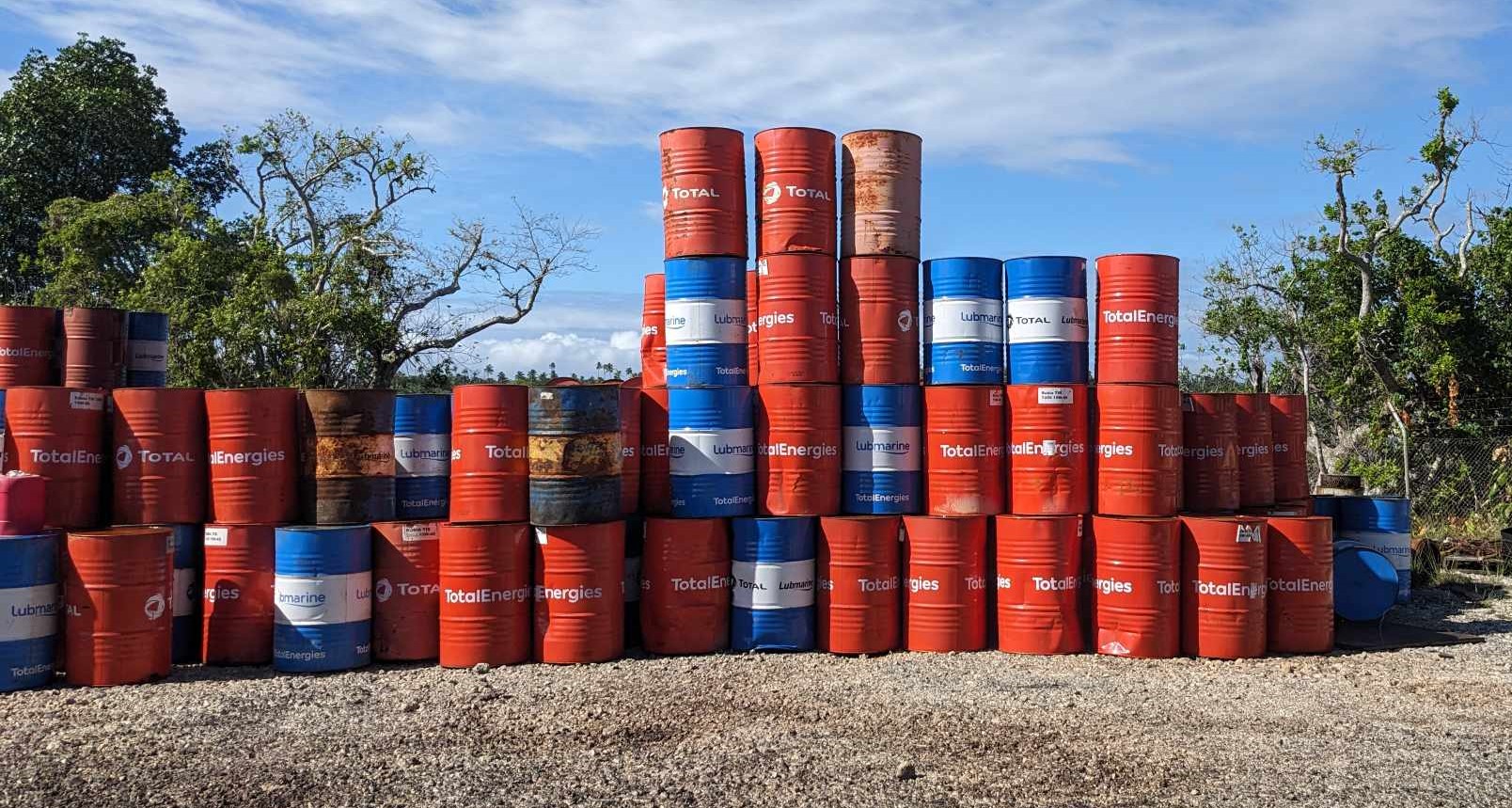
Vanuatu Customs data for 2021 indicates that around 640,000 litres of lubricants are imported into the country each year, generating around 330,000 litres of used oil per year, which must be managed sustainably to prevent any risk of pollution.
The Used Oil Management Pilot Project funded by the SWAP Project and being implemented by the Department of Environmental Protection and Conservation (DEPC) aims at enhancing the local capacity of Vanuatu to manage used oil in both the public and private sector and allow stakeholders to be aware of the negative impacts of used oil on the environment and health of the people of Vanuatu and contribute to mitigating these risks.
The Vanuatu Used Oil Management Pilot Project is designed to establish a system of handling, collection, transportation, storage, and recycling of used oil through pyrolysis to produce alternative economically viable products. The pilot site is in Port Vila which can be extended throughout Vanuatu, if found economically viable on a larger scale. The intent is to have a central storage and reprocessing facility for this problematic waste operated through a public-private partnership. Appropriate tanks, preferably intermediate bulk containers (IBCs) will be provided to temporarily store generated used oil at identified locations which are then collected and stored at the central facility prior to export or processing.
The new system will be operated under a public-private partnership where the Government will be responsible for the collection, transportation and storage of used oil and Ocean Environmental Solutions will operate the pyrolysis machine to reprocess the used oil towards a recycled fuel.
Through the pilot project, a system to track used oil data will be set up which can allow the Government to make more informed decisions to address this problematic waste. And for a regional perspective, this pilot project using pyrolysis technology may be duplicated in other Pacific Island Countries if the outcomes of this trial are positive.
